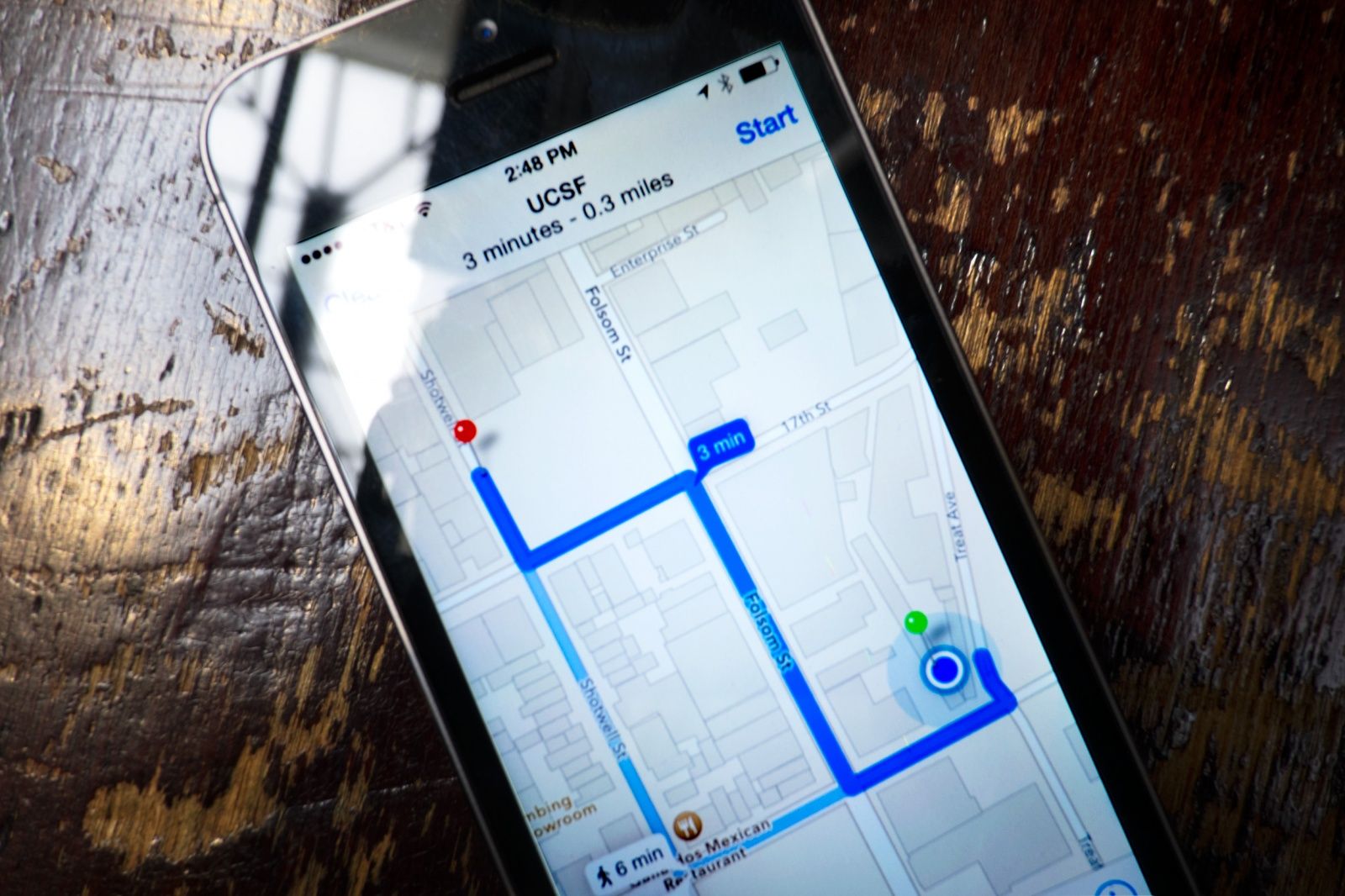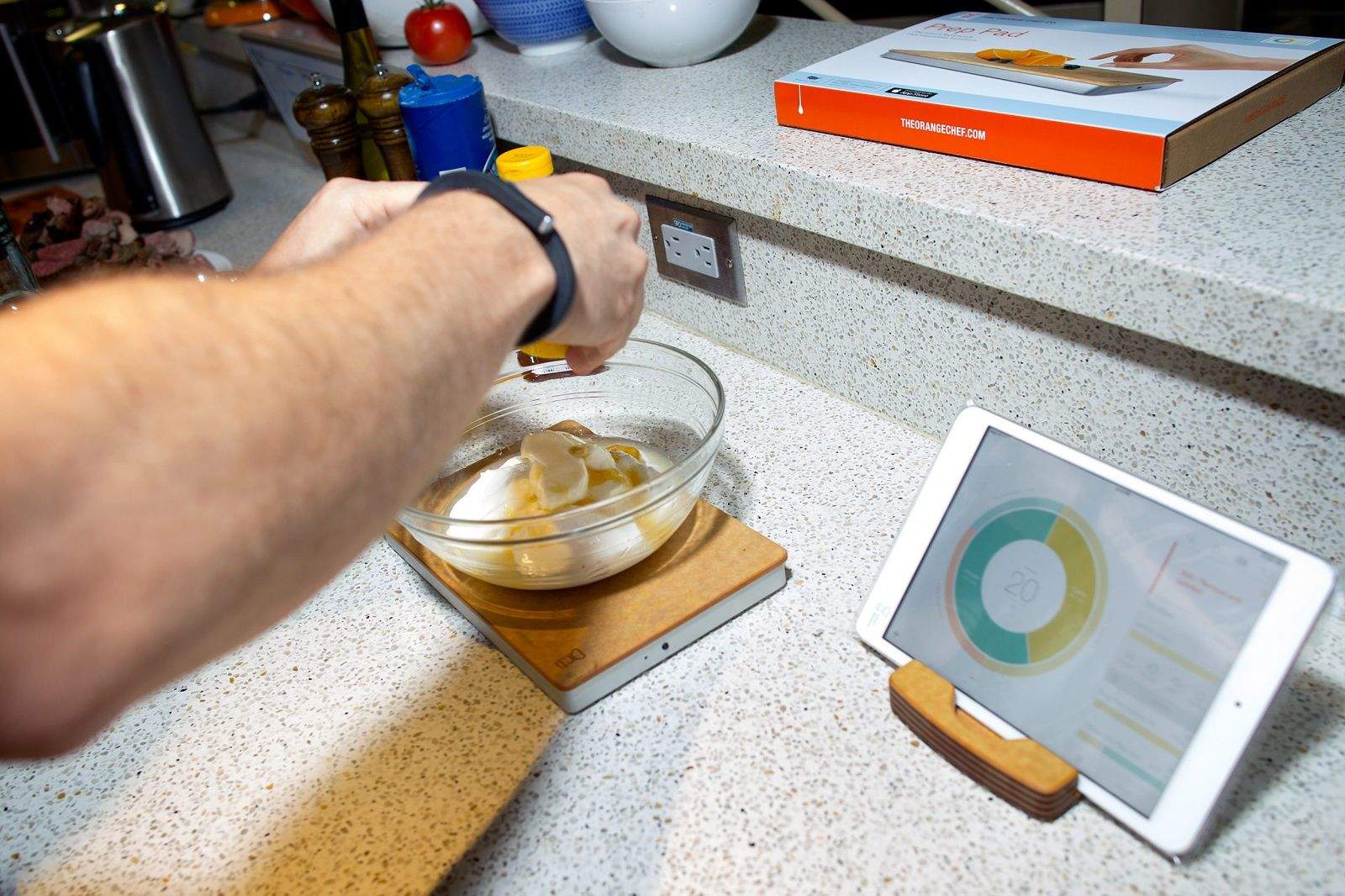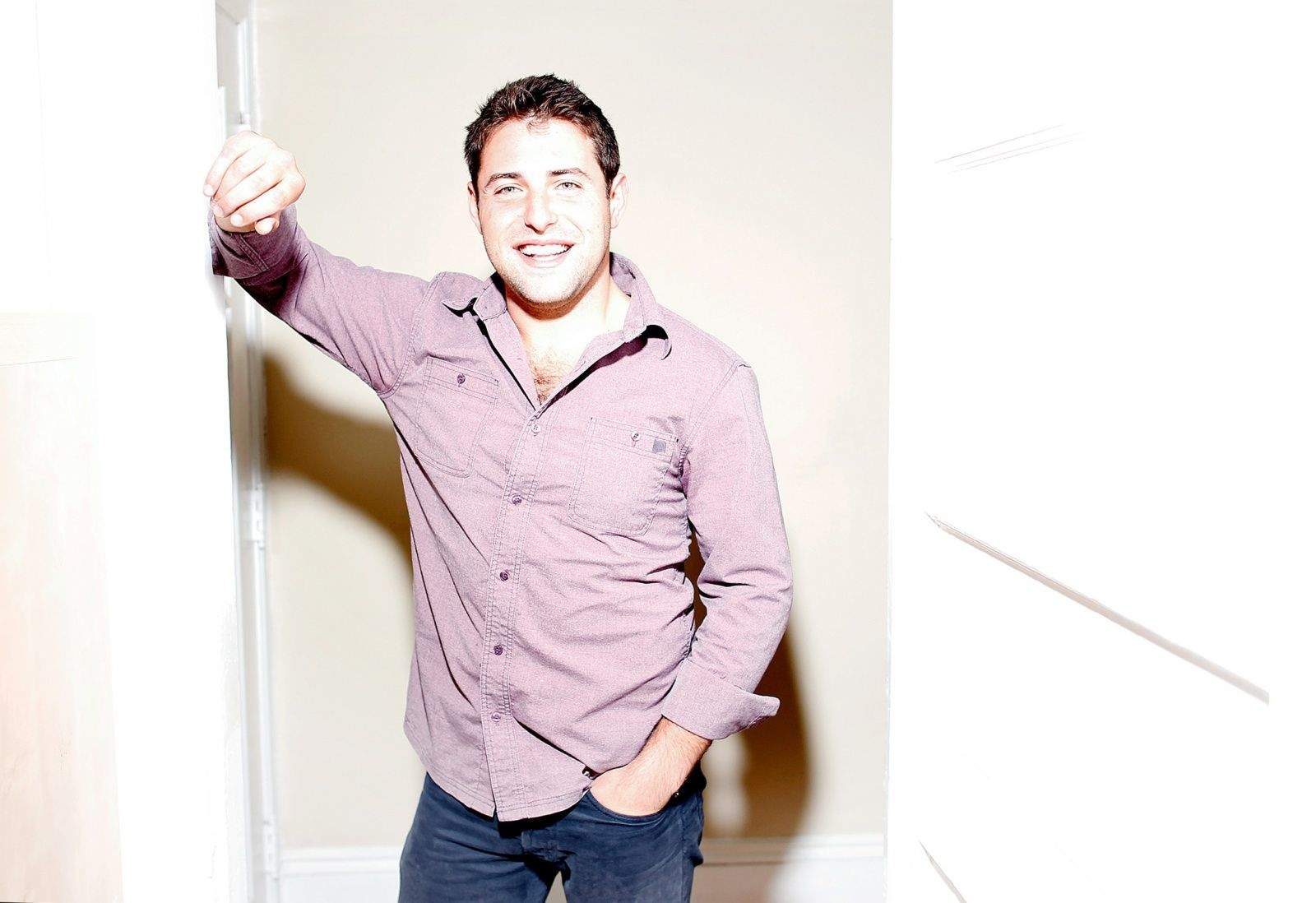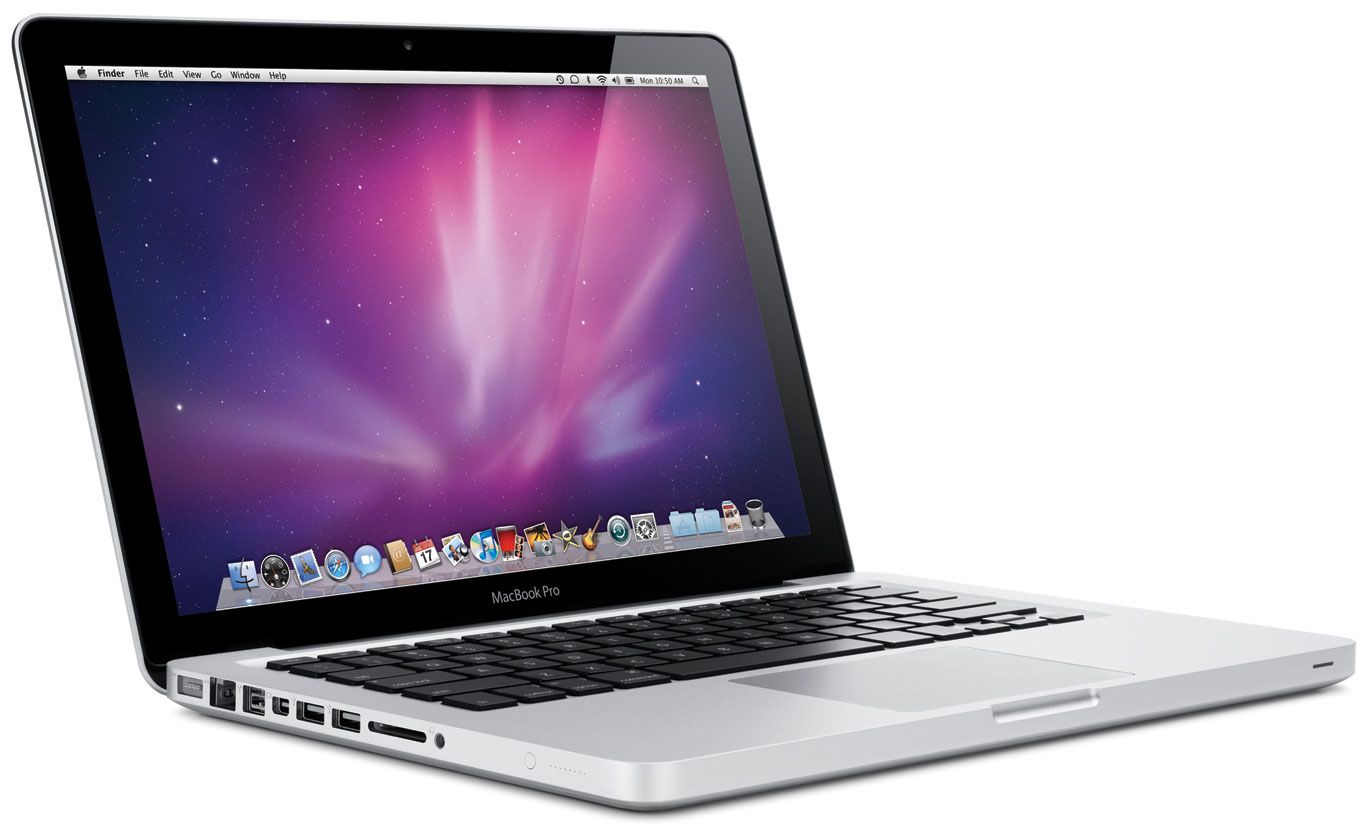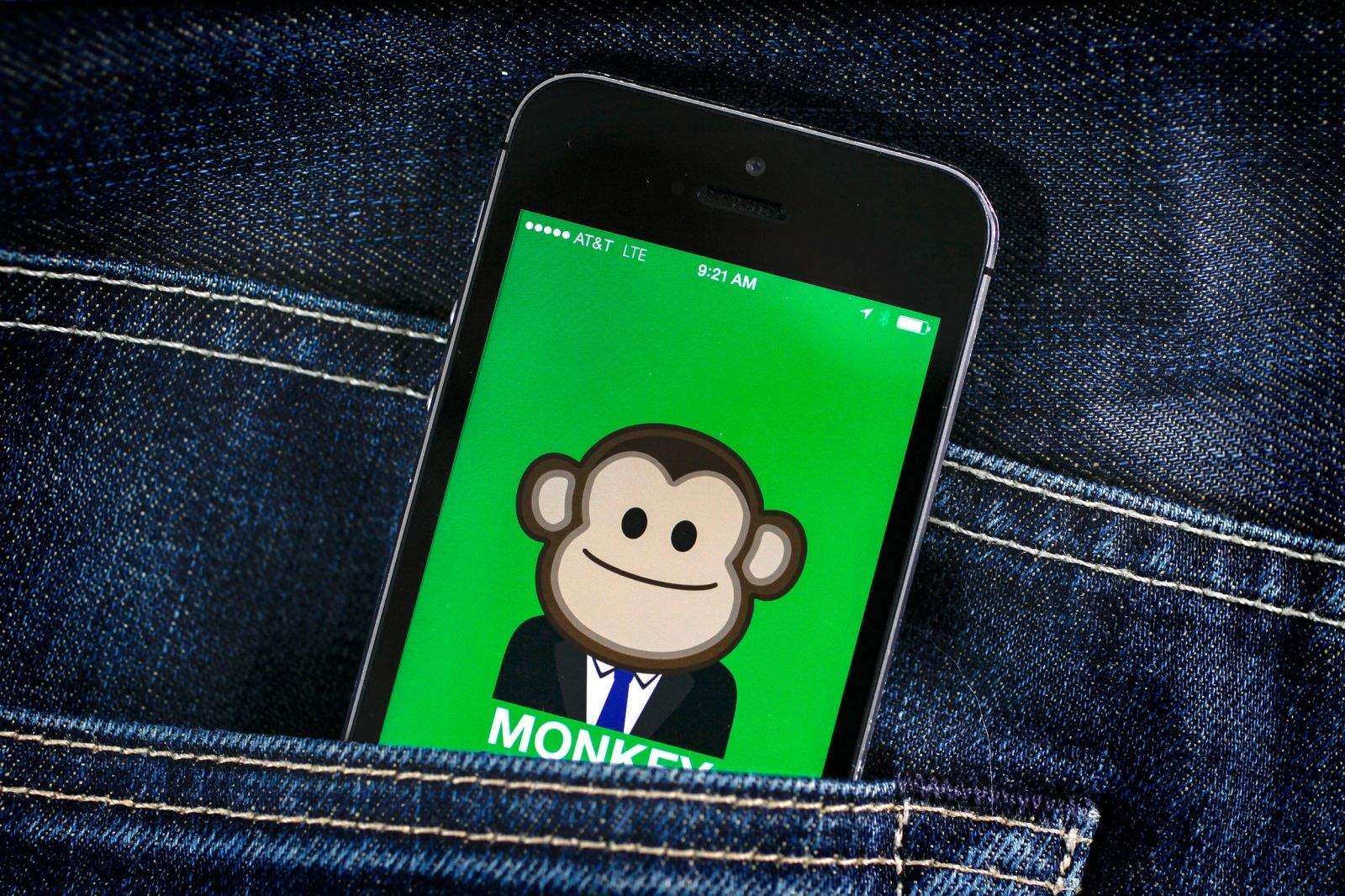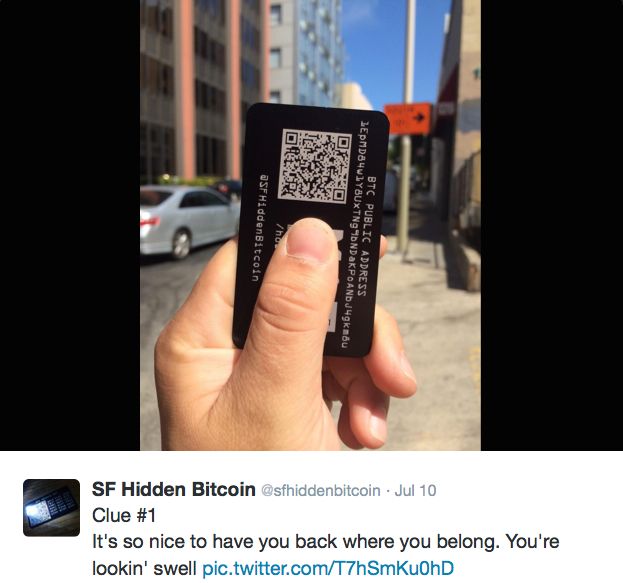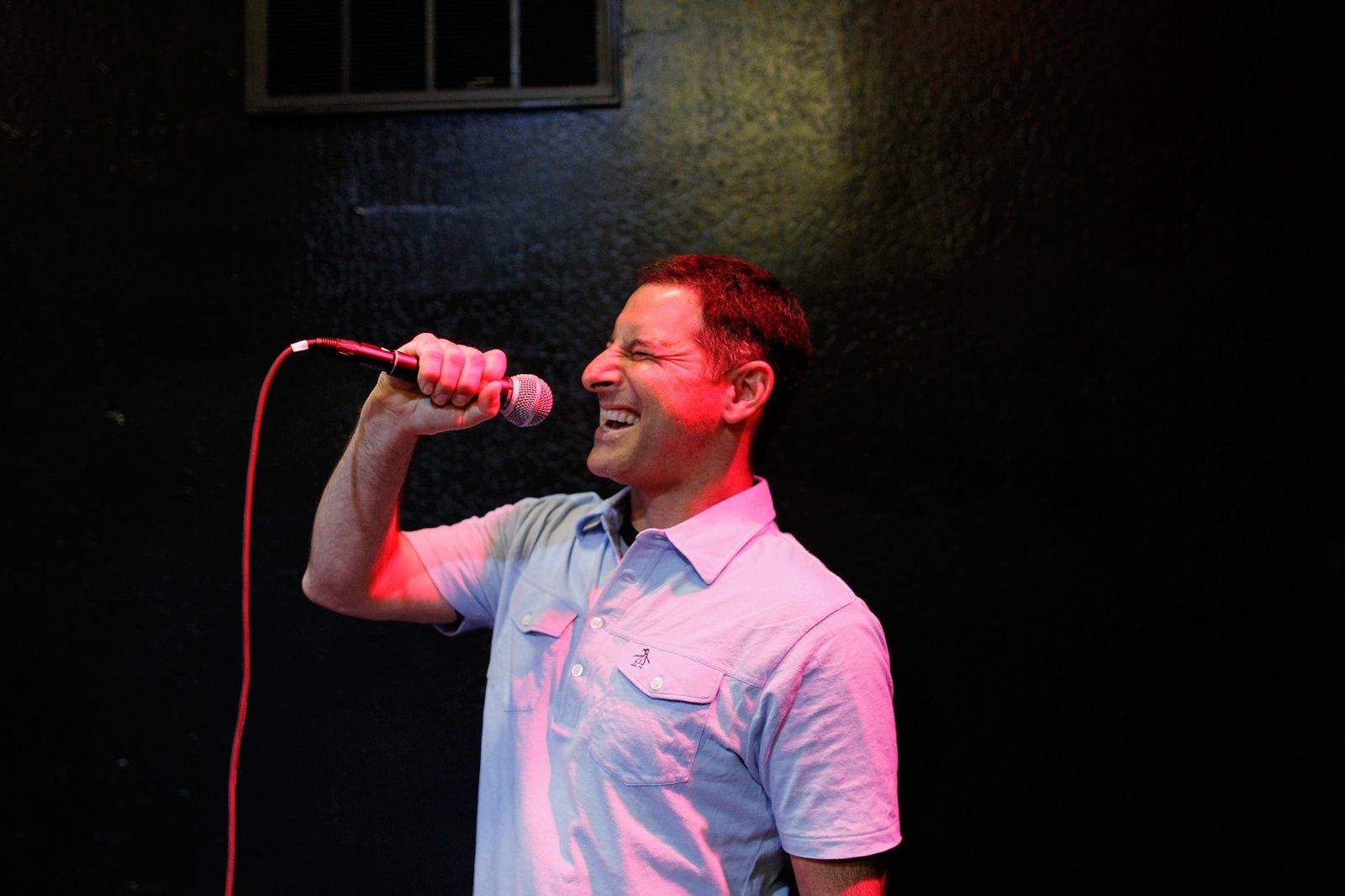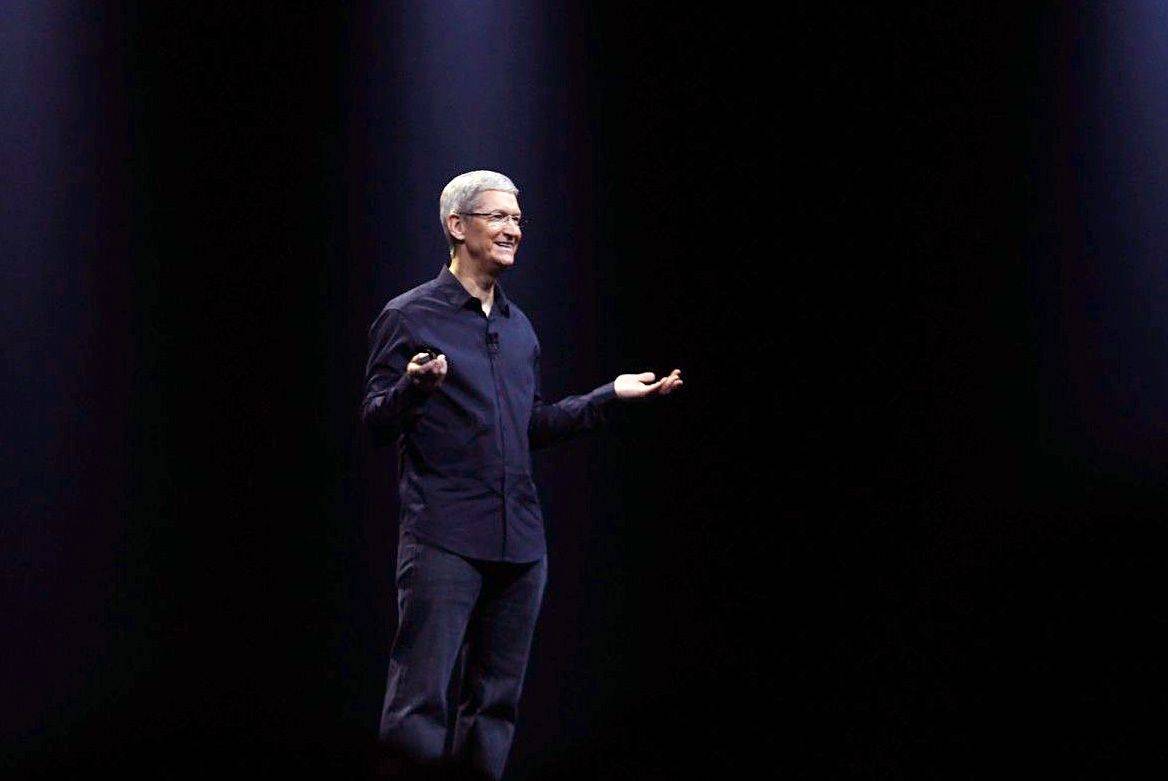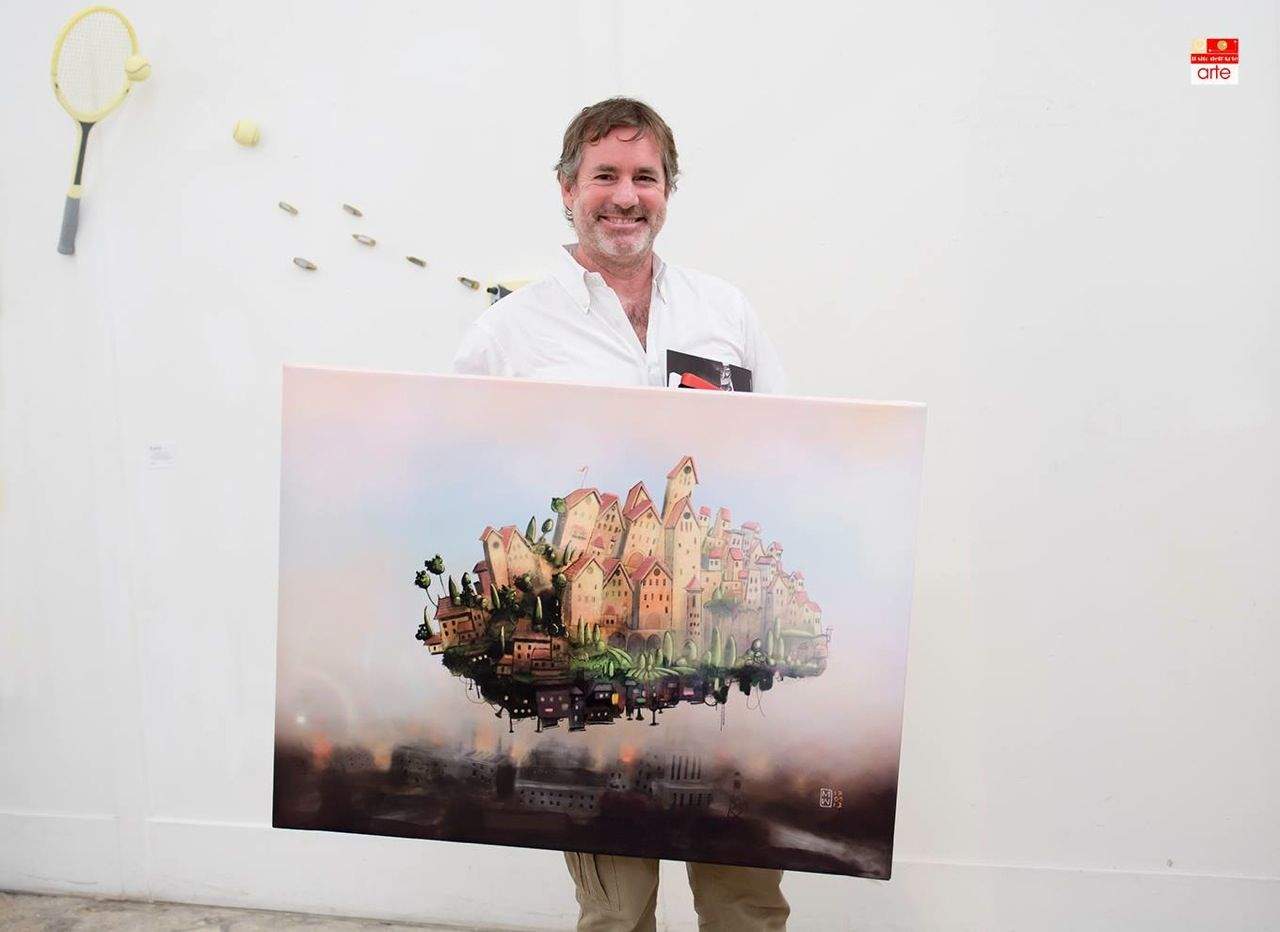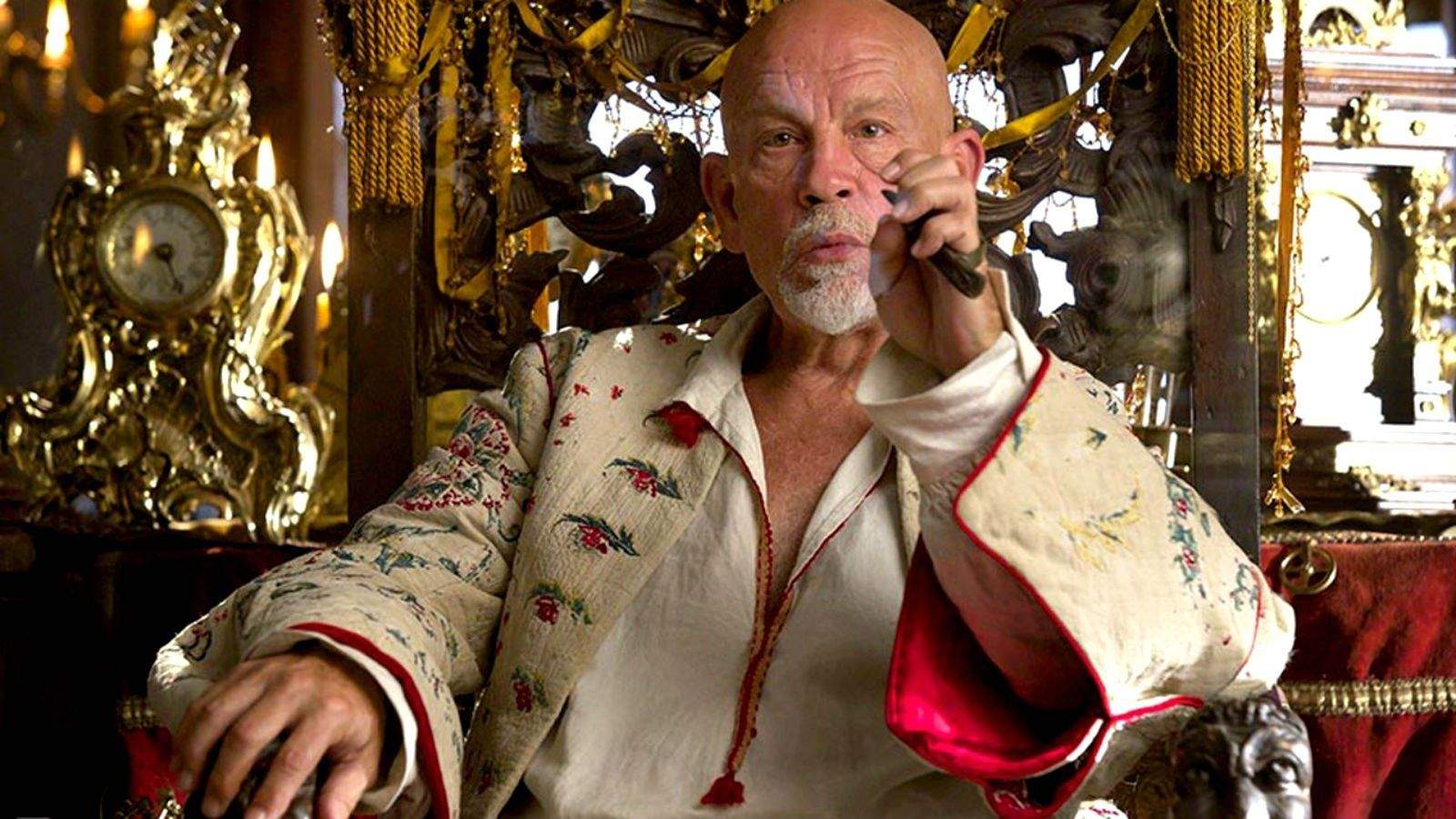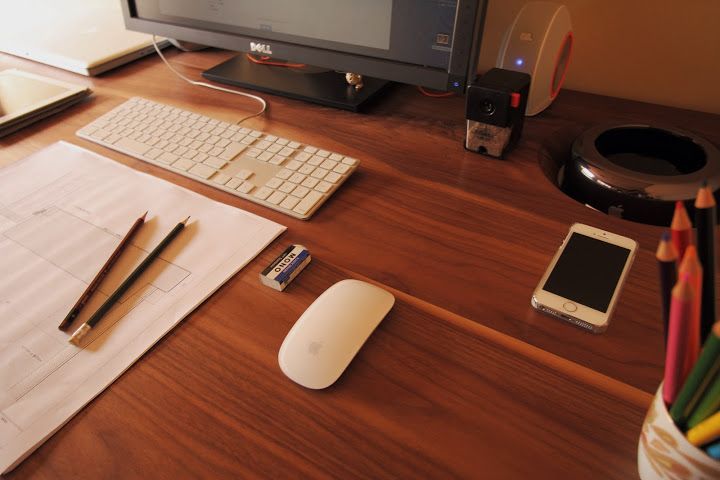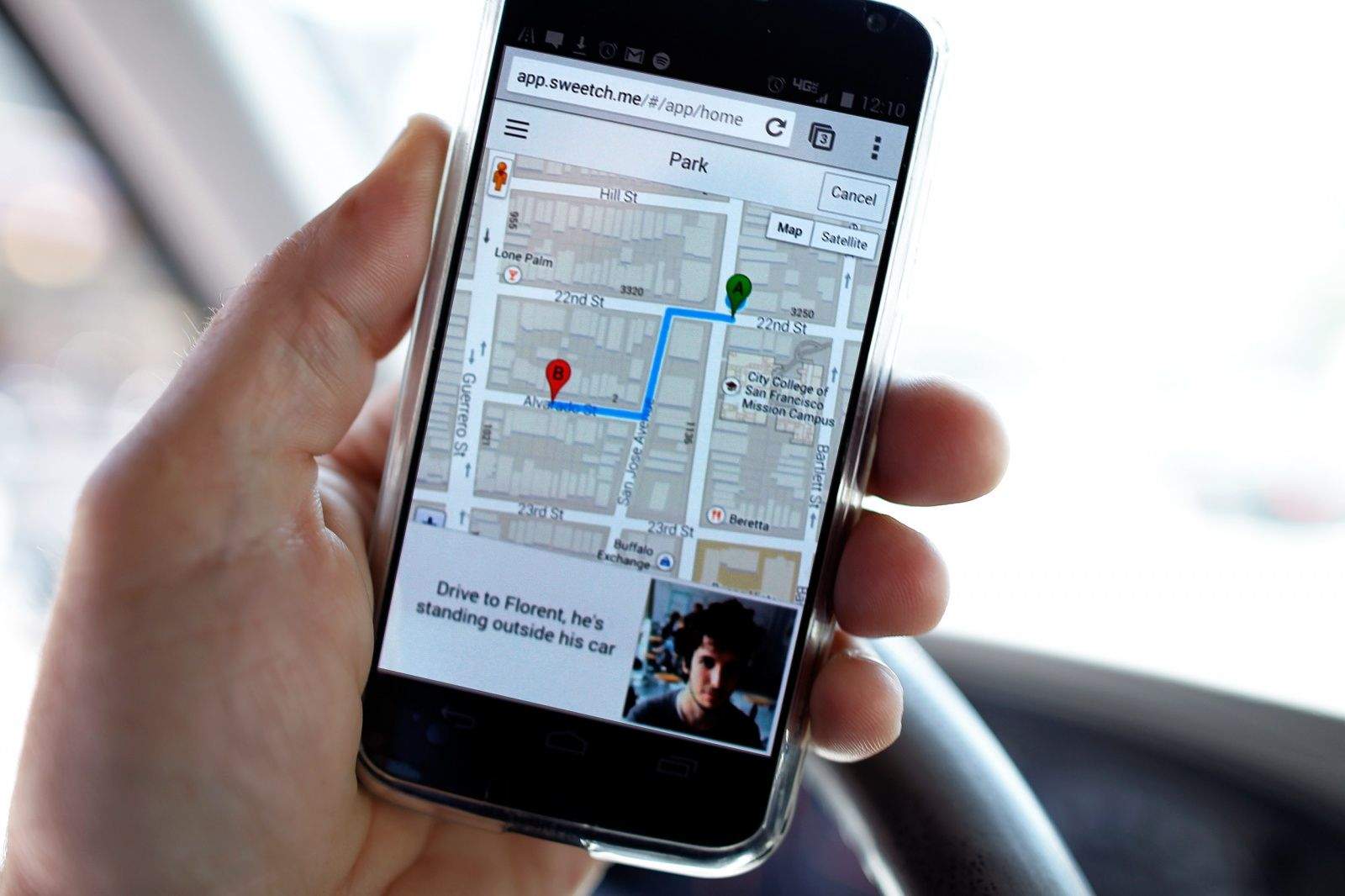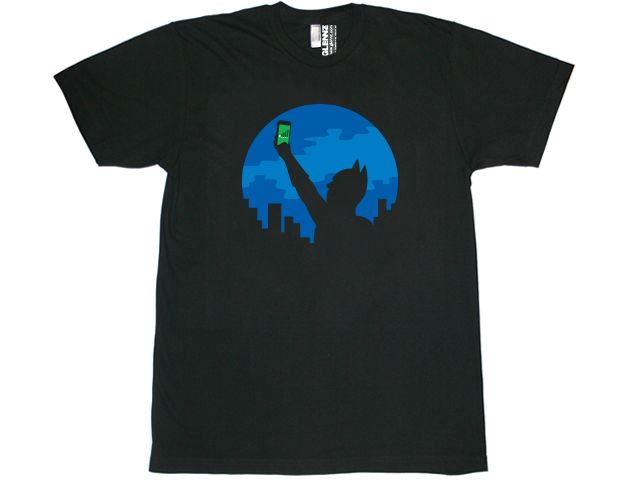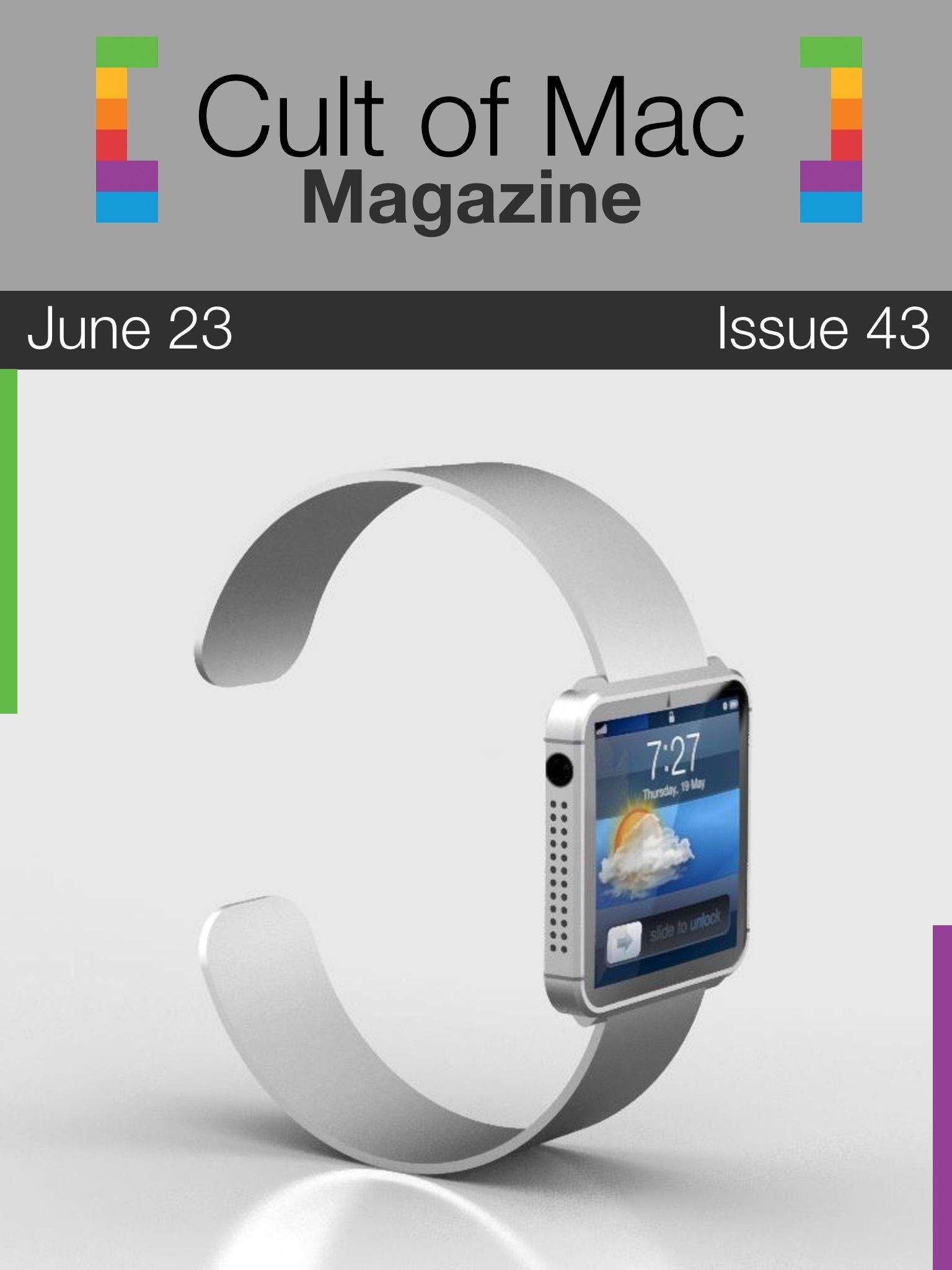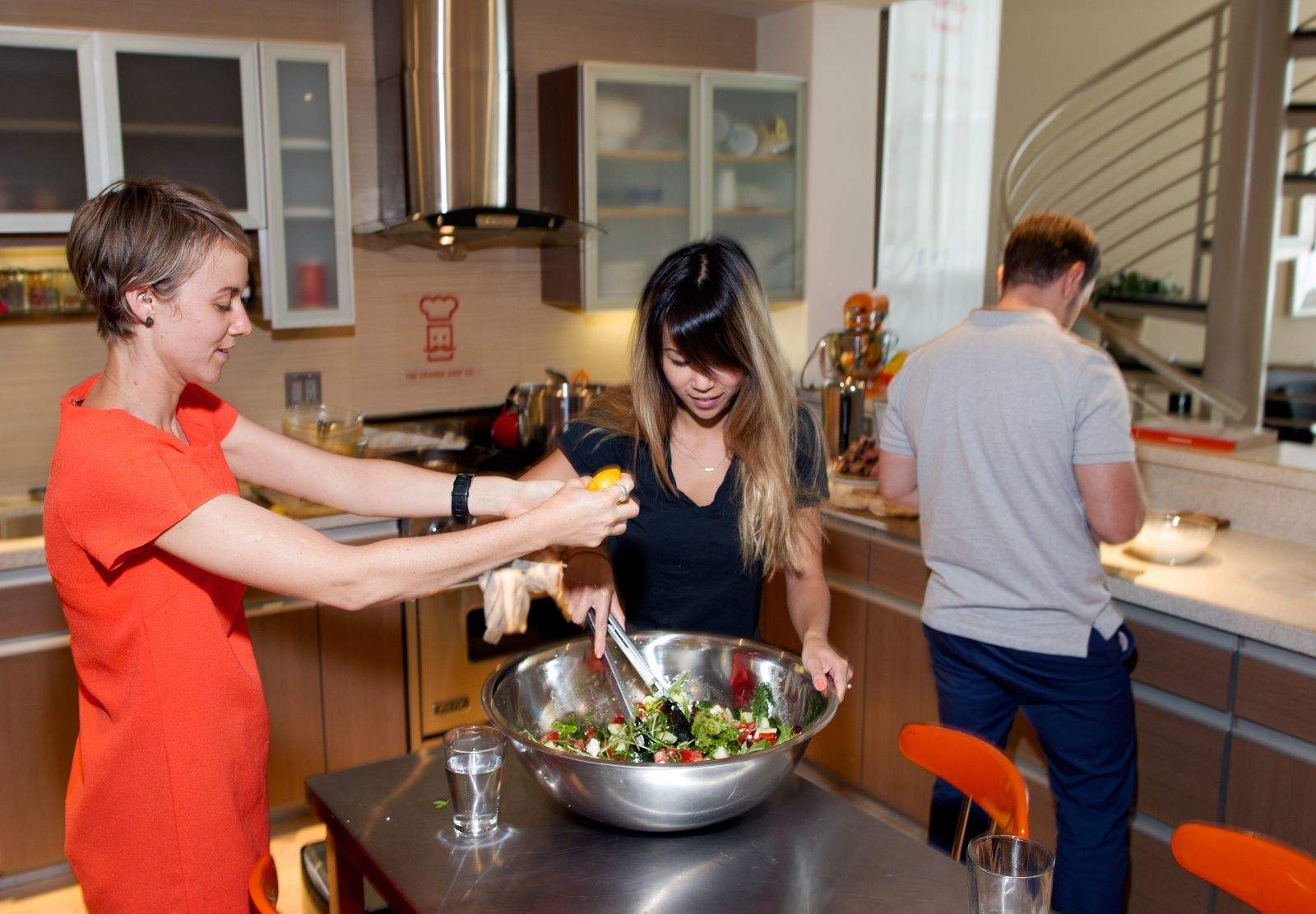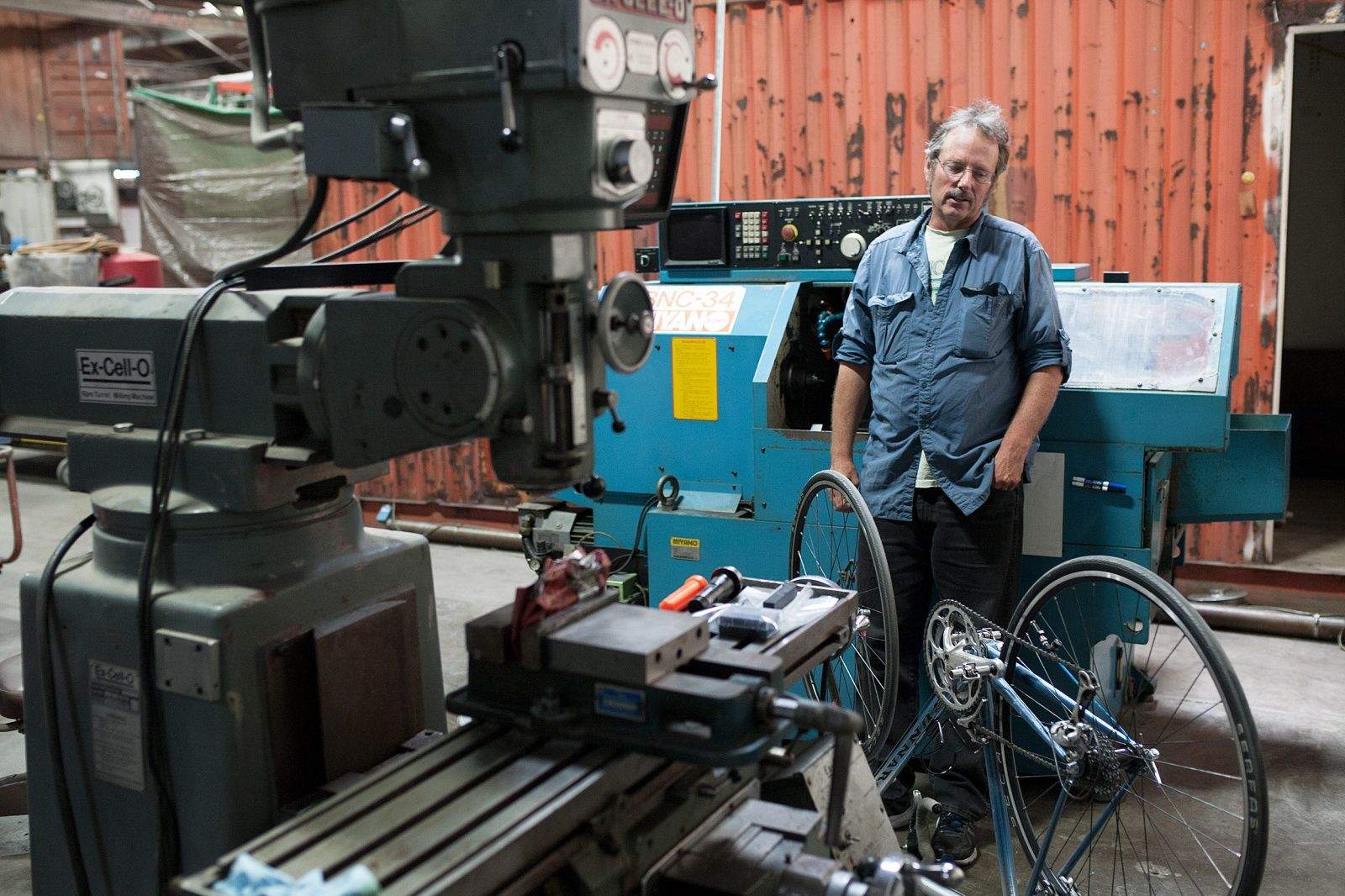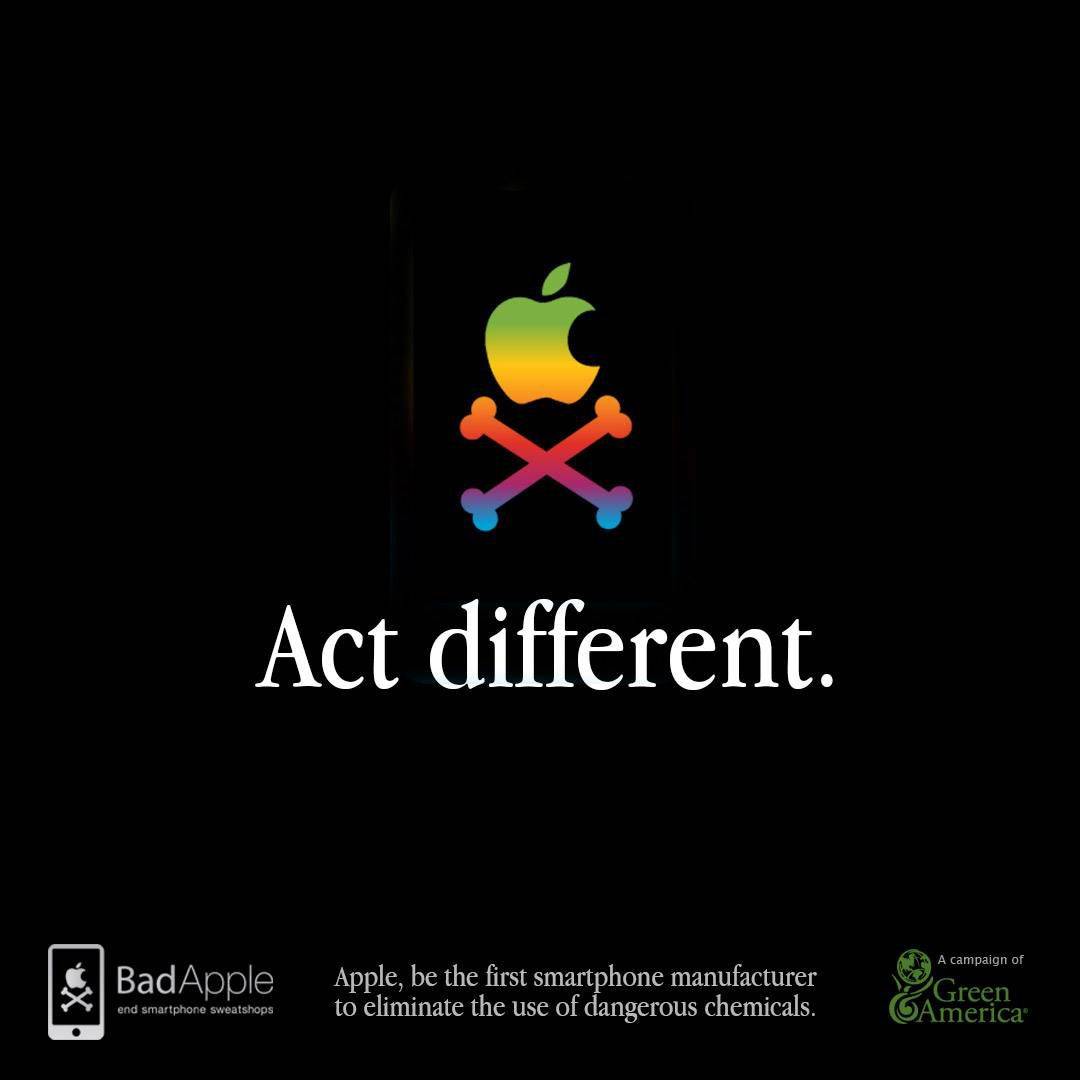SAN FRANCISCO — Sébastien Leidgens wants to put a new angle on the business card.
His invention, Cubr, is a six-sided die that connects people through private mobile web chat. When a red, blue or green Cubr is tossed your way, you hit the website or download the app, then enter the code to start your instant message convo or share photos with the person who gave you the die. The enterprising Belgian, a former project manager at a digital marketing agency, is taking a gamble on the idea that people are tired of handing out one-dimensional cards.
“It’s a business card for non-business people,” Leidgens says in an English heavily influenced by his native French. “Young people don’t have business cards. This you can use for private situations in everyday life. It’s a lot more fun and outside of the usual public circles.”

